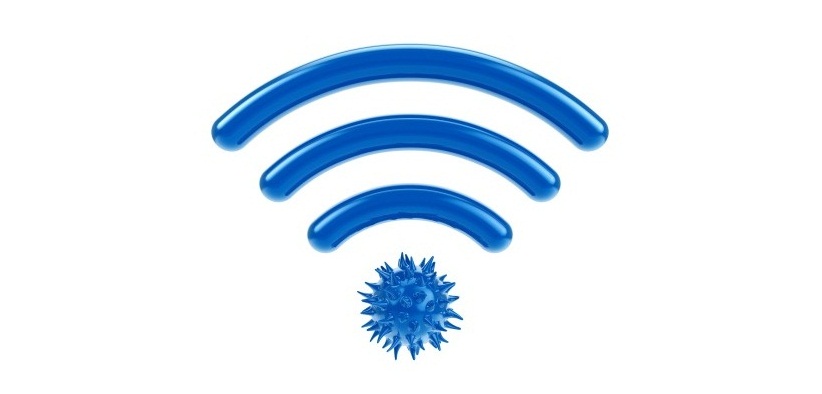

Apple devices – from iPhones to iPads to Macs – are becoming more prominent in enterprises as employees bring them to work, fuelling the burgeoning trend of the consumerisation of IT. And that could cause security problems for businesses, according to researchers at security software maker Zscaler.
The recent malware attacks over the past few weeks on Macs running the Mac OS X operating system – as well as the year-long rise of cyber-attacks – are an indication that as these products become increasingly popular with consumers, they also are becoming favoured targets of hackers.
And as consumers bring these devices into the enterprise and look to access the corporate networks and data – a trend called bring-your-own-device (BYOD) – the cyber-threat to businesses also will grow.
In addition, Apple officials themselves have proven to be slow in responding to threats, even though the company on 9 May released updates that fixed some flaws in Mac OS X and the Safari web browser.
For businesses, Macs and iPads and iPhones – which run on the iOS mobile operating system – could be a problem, according to Mike Geide, senior security researcher at Zscaler ThreatLabZ.
“This latest wave of infections is a wake-up call to Mac users that their system is not immune to threats,” Geide said in an email. “The need to follow best security practices, such as remaining current with patches, is ubiquitous – it doesn’t matter if you’re using Windows, Mac, or even a mobile phone.”
Apple’s security issues came into full view in early April, when it was reported that the Flashback malware – which was first detected in late 2011 but became a significant threat this year – had infected more than 600,000 Macs worldwide, more than 1 percent of the systems in use.
Flashback exploited a vulnerability in Java that had been patched by Oracle in Windows PCs and other systems in February. However, Apple didn’t release its update until early April, too late to stem the infections.
In addition, after the extent of the infections became know, Apple didn’t release a tool that could detect and remove the malware until after several security software vendors already had launched their own free offerings.
Soon after, the Sabpab Trojan his Mac OS X systems, and while not as significant a threat as Flashback, it was another indication in the growing interest in Apple systems by cyber criminals. And that interest is expected to spill over to iOS devices, in particular iPads and iPhones, which according to Zscaler are becoming more common in enterprises.
In their State of the web first-quarter report issued on 30 April, Zscaler researchers said that Apple iOS traffic rose from 40 percent of all mobile traffic in the fourth quarter of 2011 to 48 percent in the first three months this year. The report looked at 200 billion transactions from millions of businesses users worldwide.
According to the report, Andrdoid and BlackBerry traffic declined.
The rise in iOS traffic is important, according to Zscaler, given the rise in the mobile transactions in the enterprise, both on guest Wi-Fi and business networks. Business’ security solutions need to cover the Apple iOS devices given their rising popularity in business.
“As the Mac becomes increasingly popular, the number of attacks targeting OS X will go up,” said Michael Sutton, vice president of security research for Zscaler ThreatLabZ.
The same is likely to be true for iOS devices, the researchers said.
How well do you know Internet security? Try our quiz and find out!
American space agency prepares for testing of Boeing's Starliner, to ensure it has two space…
As UK and Europe develop closer military ties, European Commission says it will invest €1.3…
Zuckerberg seeks to revive Facebook's original spirit, as Meta launches Facebook Friends tab, so users…
Notable development for Meta, after appeal against 2021 WhatsApp privacy fine is backed by advisor…
First sign of shake-up under new CEO Lip-Bu Tan? Three Intel board members confirm they…
Trump's nominee for SEC Chairman, Paul Atkins, has pledged a “rational, coherent, and principled approach”…